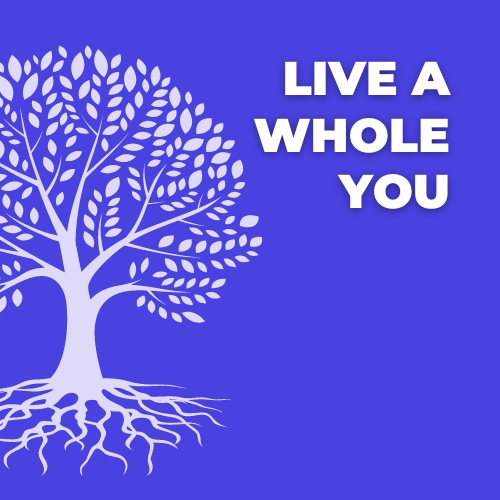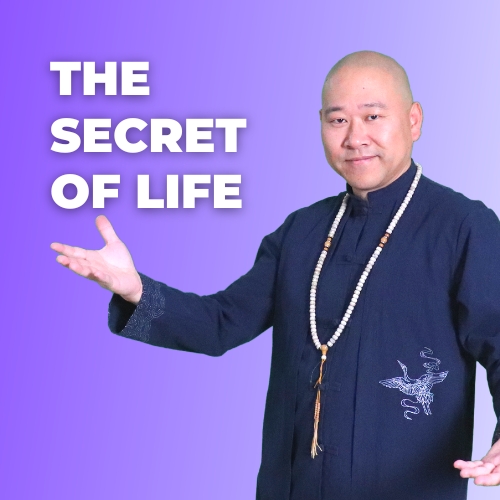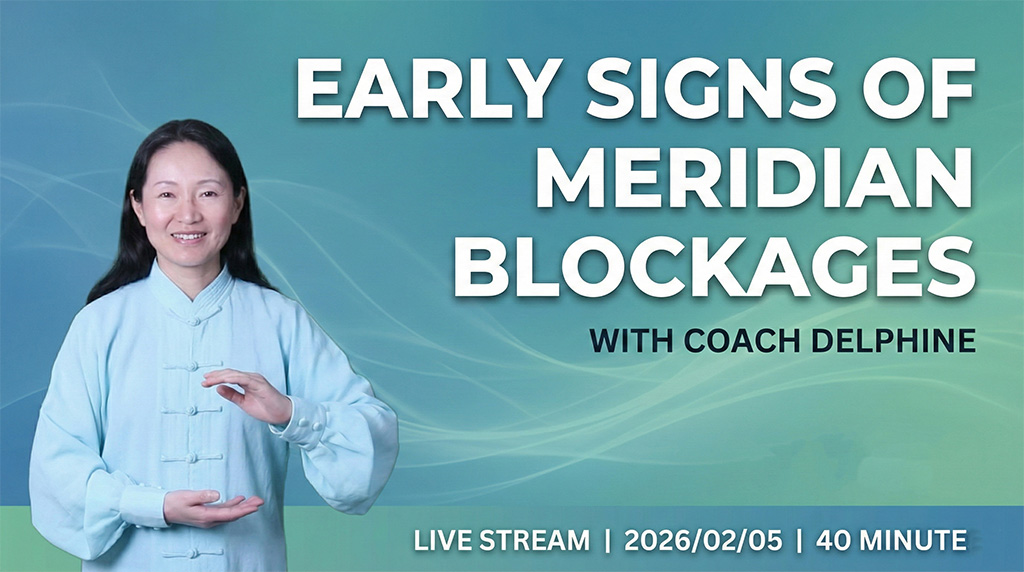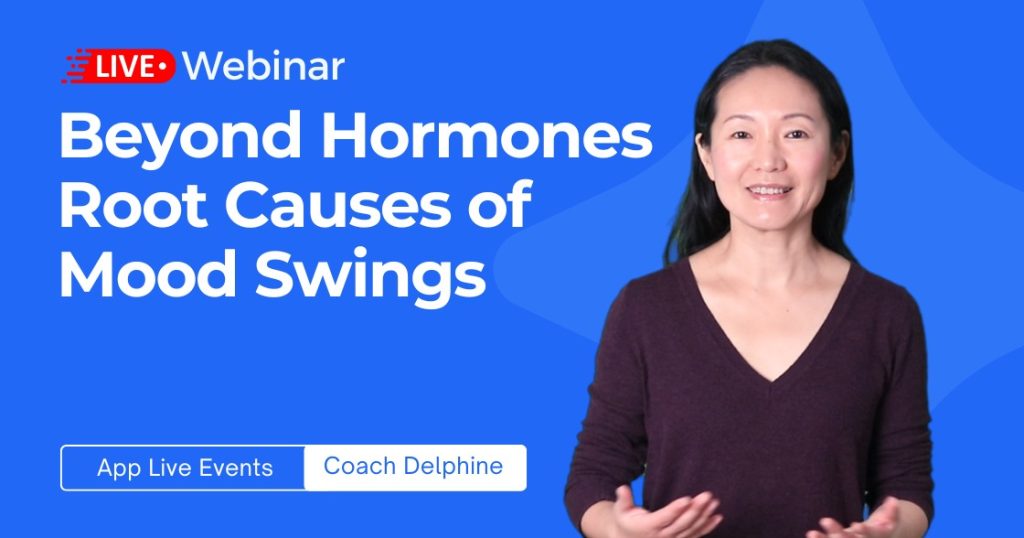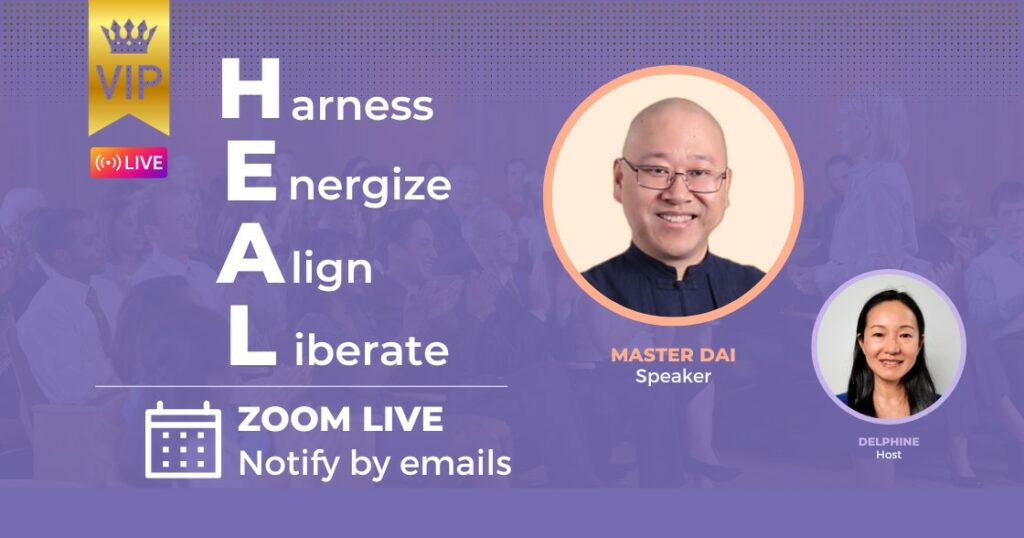Cure Disease From Root Cause Naturally
STEP #1
New to Qigong? Grab your ultimate guide for beginners.
STEP #2
Download the Onenergy Qigong And Meditation App.
STEP #3
Create custom Qigong routines and practice daily.
Recent Posts

Spring Begins Solar Term Health Guide
Spring Begins is the first solar term of the year, yang energy rises and life awakens. 🌱 The core features of Spring Begins The Great Awakening🌅 Yang Energy Ascends: Winter dormancy ends + Spring vitality emerges = “Nature’s Grand Revival”🌿…

Minor Cold Solar Term Health Guide
2026 Minor Cold: January 5-19 – Features: Coldest period begins despite “minor” in name The core features of Minor Cold Deceptively Intense Cold ?️ Coldest Days Arrive: Despite name, often colder than Major Cold = “Nature’s Deepest Freeze”? Yang Energy…

Traditional Chinese Health Guide for Grain Buds (Xiaoman) Season
Xiaoman 小满 Grain Buds – Second Solar Term in Summer Start: May 21, 2025 – Seasonal Characteristics: Humid heat, rising yang energy Common Health Concerns during Grain Buds Simple Wellness Strategies for Grain Buds 1. Food as Medicine 2. Daily…
Onenergy Programs


